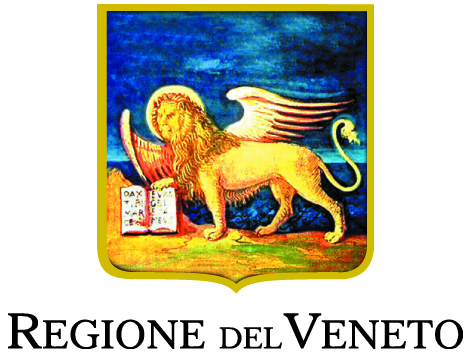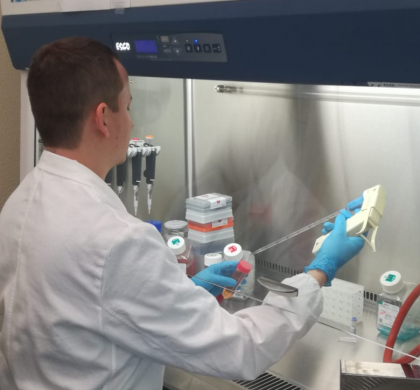 INVITE Blog / INVITE scientific achievements
INVITE Blog / INVITE scientific achievements
The series on the scientific achievements by our INVITE fellows continues. Here Bruno Dos Santos Lima presents its research on Alzheimer’s disease.
A better comprehension of Alzheimer’s disease mechanisms
During the INVITE PhD program, I have dedicated my time dissecting the role of neutrophils in the pathogenesis of Alzheimer’s disease. In more detail, my PhD thesis focused on the role of the gut microbiome dysbiosis in the modulation and activation of peripheral neutrophils in Alzheimer’s disease.
Furthermore, I have also investigated how activated neutrophils may promote cognitive deficits at the central level by addressing neutrophil functions and dysregulation in the brain of Alzheimer’s disease mouse models.
Alzheimer’s disease constitutes nowadays one of the most pressing matters worldwide. With the rapid ageing of the population, increased prevalence and incidence of the disease, Alzheimer’s disease constitutes a huge social and economic problem, and no cure or effective therapy has been found to counteract this issue. The research project I am involved in aims to contribute to a better understanding of the pathogenic mechanism underlying Alzheimer’s disease cognitive deficits, providing targets to develop effective therapies for Alzheimer’s disease patients.
A close cooperation with two ERC projects
I wrote my PhD thesis under the supervision of Prof. Gabriela Constantin and it contributed to the development of investigations within the ERC Advanced Grant ImmunoAlzheimer project.
During this period, I had the opportunity to attend and present my data in two major international conferences in the field of Alzheimer’s disease including the AD/PD international conference and the Alzheimer’s Disease Association conference.
Additionally, the data obtained during my PhD contributed to obtain the ERC Proof of Concept grant for the project NeutrAD: Targeting neutrophil-mediated neurotoxicity for the treatment of Alzheimer’s Disease.
In addition, I was also awarded the 2020 VIBES conference travel grant.
The doctoral experience within the INVITE program has been nothing but fruitful and inspiring. I have had the opportunity to develop my PhD thesis in one of the leading groups in neuro-immunology. I also counted on the continuous support from the PhD offices, in particular the personal responsible for the INVITE program, that always showed availability and were always willing to help. It is also worth mentioning that the funding provided by the grant has not only helped support my PhD fellowship but also provided a research budget for the development of the PhD project, that was crucial for the implementation of some techniques required for carrying on my PhD thesis. Overall, my experience at the university of Verona, and within the INVITE program has been very fruitful, to the point of continuing the PhD project in the same lab, where I currently hold a research fellowship.
Recommended Posts

Rafiqul Islam: Managing water crisis and women empowerment go together
23 Jun 2022 - INVITE Blog, INVITE scientific achievements





